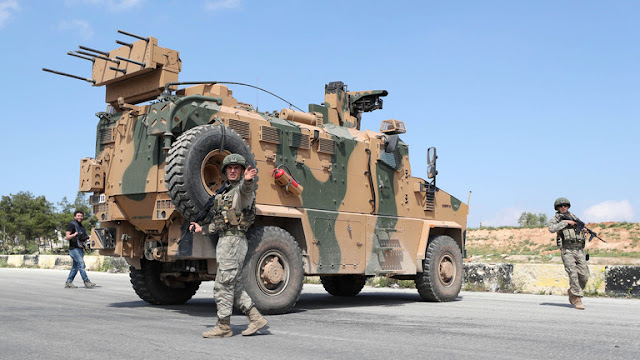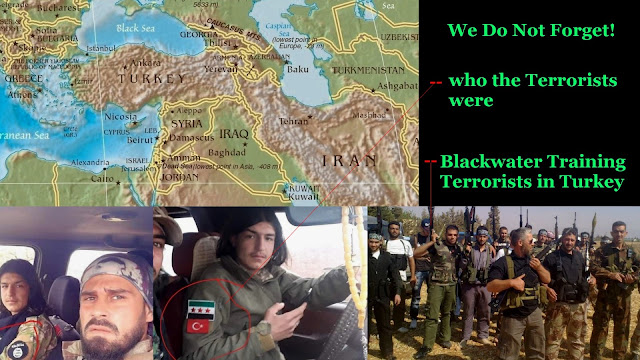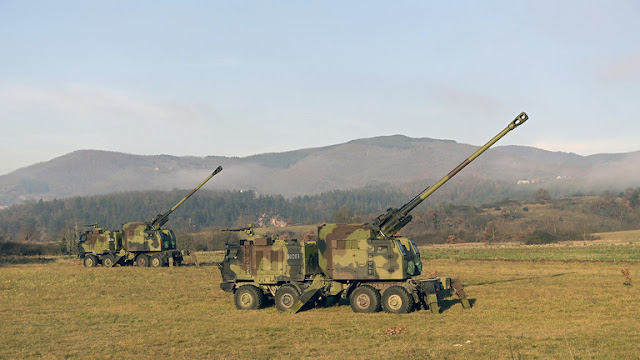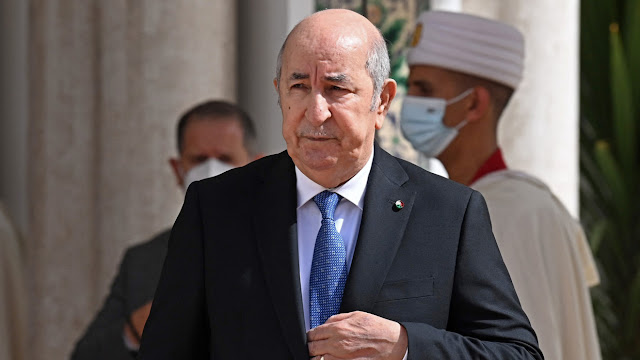Turkish troops in northern Syria. © AFP / Omar Haj Kadour
Source: RT
The tripartite negotiations involving Ankara and Damascus were the first of their kind since the Syrian conflict began in 2011
Turkey has agreed to fully withdraw its troops from northern Syria following tripartite talks involving Moscow, Ankara and Damascus earlier this week, Syrian newspaper Al-Watan has reported.
The three countries’ defense ministers – Hulusi Akar, Ali Mahmoud Abbas and Sergey Shoigu – met in Moscow on Wednesday for the first meeting of its kind since the outbreak of the Syrian conflict in 2011.
According to the paper’s source in Damascus, the negotiations resulted in “Turkey’s consent to completely withdraw its troops from the Syrian territories that it occupies in the north of the country.”
Ankara and Damascus also expressed a common view that the Syrian-based Kurdish YPG militia, which Turkey associates with the outlawed Kurdistan Workers’ Party (PKK), “are agents of Israel and the US, and pose a grave threat to both Turkey and Syria.”
Turkey considers the separatist PKK and allied Kurdish groups to be “terrorist organizations” that threaten its national security. The Turkish military carried out airstrikes against YPG targets in northern Syria in November, with Ankara saying a ground operation in the area was also on the cards.
A special trilateral commission will be created by Russia, Turkey and Syria to ensure that the agreements reached in Moscow are honored, Al-Watan reported.
Turkish Defense Minister Hulusi Akar told local media on Saturday that “one shouldn’t expect that everything will be solved at once in a single meeting.”
In Moscow, Turkey “emphasized that we respect Syria’s territorial integrity and sovereign rights, and that our only goal is the fight against terrorism” including the PKK/YPG and Islamic State (IS, formerly ISIS), he said.
Ankara and Damascus have agreed to continue talks to deepen reconciliation, Akar added. He also suggested that those negotiations could even result in a joint anti-terrorist operation involving the two countries, which would happen “if we can solve our problems related to defense and security, if we can meet our needs.
The Syrian side had earlier described the meeting in the Russian capital as “positive,” while Russia’s Defense Ministry said the talks had been conducted in a constructive manner and stressed the need for the continuation of such engagement.
Turkish defense minister speaks on Syria after Moscow talks
Turkey respects Syria's borders and does not have territorial claims on the neighboring state, Defense Minister Hulusi Akar has stated. He also stressed that Ankara’s sole objective in the region is to defeat the groups it deems terrorist organizations. The comments were made following a meeting with his Syrian counterpart, Ali Mahmoud Abbas, on Wednesday in Moscow.
Akar’s press office quoted the minister as saying: “We emphasized that we respect the territorial integrity and sovereignty rights of all our neighbors, especially Syria and Iraq.” The Turkish official reiterated that Ankara seeks to “neutralize members of terrorist organizations” such as the Kurdish PKK, YPG, as well as ISIS.
Akar went on to say that the Turkish government is also aiming to “prevent further migration from Syria to Turkey.”
“Our wish is for peace, tranquility, and stability to come to the region as soon as possible,” he added.
On Wednesday, Russian Defense Minister Sergey Shoigu hosted a meeting between his Turkish and Syrian counterparts in the Russian capital. This was the first time Ankara’s and Damascus’ military chiefs had held official negotiations since the Syrian civil war broke out 11 years ago.
According to Syrian state media outlet SANA, both sides found the format to be “constructive” and indicated willingness to continue dialogue.
Turkish President Recep Tayyip Erdogan severed diplomatic relations with Syria in 2012. However, the foreign ministers of the two nations met in October 2021, revealing that Ankara’s and Damascus’ intelligence services had resumed communications.
The latest ministerial meeting on Wednesday came shortly after Turkey revealed it had been in talks with Russia over the potential use of Syrian airspace for its military campaign against Kurdish militias in the neighboring country.
Ankara insists that Kurdish militants were behind a suicide bombing in Istanbul in mid-November, which killed six people and injured dozens more. Both the PKK and YPG deny any involvement in the attack.


































a.jpg)

a.jpg)







